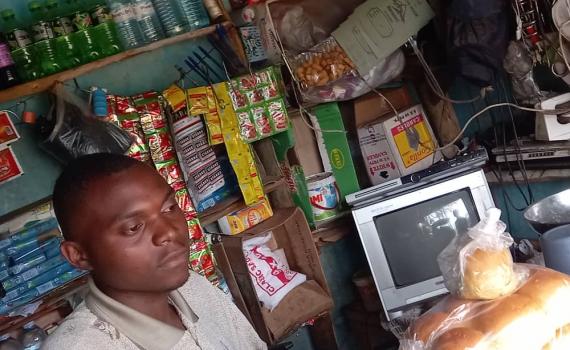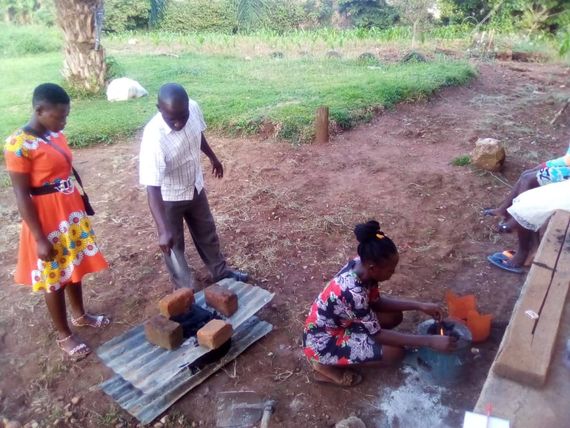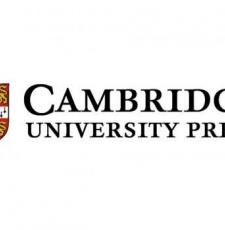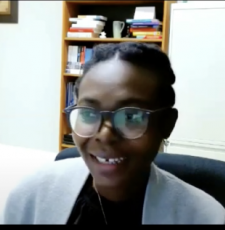
Single mothers, street vendors, business women, out-of-school and unemployed youth, teachers and health workers in Uganda are using the internet to broaden their knowledge, learn new skills and create new products that they can sell or use after learning digital skills and taking online courses in their local libraries.
The digital skills training and online learning are part of the EIFL Digital skills@your local library project, which works with local libraries to narrow the digital divide in a country where just 48% of people are using the internet. It mainly brings women and unemployed youth, who are especially marginalized from computer and internet access, online.
Since March 2021, 25 public and community libraries have trained over 2,000 people to use computers, to understand and access the internet, and to conduct internet research. At the start of the project, EIFL’s partners, Maendeleo Foundation and the National Library of Uganda, travelled to communities to consult with women’s groups and youth to learn about their digital skills needs, and what content they would be interested in for online courses. After completing basic ICT skills training learners are offered the opportunity to take online courses in group learning sessions (learning circles). They have been taking up the opportunity with enthusiasm.
New pot designs and computer repairs
In Pallisa Public Library, serving a rural town Eastern Uganda, 20 keen young potters were inspired by the potential of the internet to improve their craft. After completing a basic ICT skills course, they attended learning circle meetings twice a week for four weeks to research the internet for new pot designs and potting methods.
“They were used to making just one type of pot. Now they have started to make pots in different shapes and colours,” said librarian and trainer, Stella Amuleni.
Omuntuwabantu Mutahunga Bana, ICT officer at Kabale Public Library in Western Uganda, reports that after group training at the library, one of their learners is now using skills that he learnt online to repair computer equipment, like screens and mice, and domestic items, like irons. The young man, Martin Kakuru, works part time at a small shop where he now generates income by taking in items for repair.
HAIRDRESSING, BAKING, MAKING LIQUID VASELINE
At Nakaseke Public Library, in Central Uganda, after basic ICT training groups of women and youth have set up learning circles to study hairdressing, how to bake bread without an oven, and making cakes. “The group members are contributing money to purchase their own ingredients,” said librarian and trainer Peter Balaba.
In Kawempe Youth Centre Community Library, in Kampala, a group of women wanted to learn how to make the emollient, liquid vaseline. Librarian and trainer Herman Lutwama researched the internet and found two ways of making it - one based on industrial ingredients and one using plants and fruits. After watching online video demonstrations, the group opted for a plant-based version and brought the needed ingredients to the library for a practical session. “They managed to produce good quality vaseline, which they plan to use at home and sell,” said Herman.
As happened everywhere, COVID-19 has taken its toll in Uganda. After the pandemic, the number of early school leavers in Uganda increased dramatically. Lira Public Library in Northern Uganda has begun registering unemployed and out-of-school youth for vocational skills training, drawing on YouTube videos and other online resources for inspiration. The skills they have chosen to learn include baking, making liquid soap and designing and making jewelry.
LOCAL GOVERNMENTS ASK LIBRARIES FOR TRAINING
COVID-19 also shone a light on the need for digital skills in local government departments as delivery of services and communications moved online. Some local governments approached the libraries to train officials, teachers, policemen, health workers and others in computer and internet skills.
The visibility of local libraries and the digital skills training is growing, and more and more people are signing up for the courses. To expand the reach of their training, librarians are moving beyond the library walls to train in other educational institutions or in open places such as markets or churches.
The Digital skills@your local library project is supported by the Wehubit Programme implemented by the Belgian development agency, Enabel.
SHARE / PRINT









